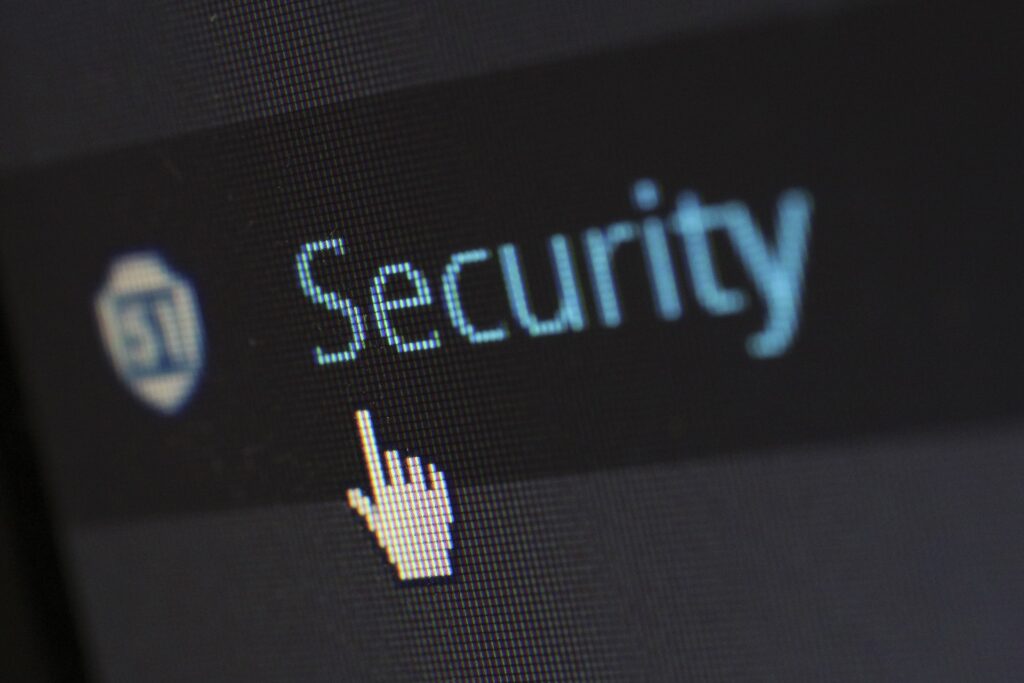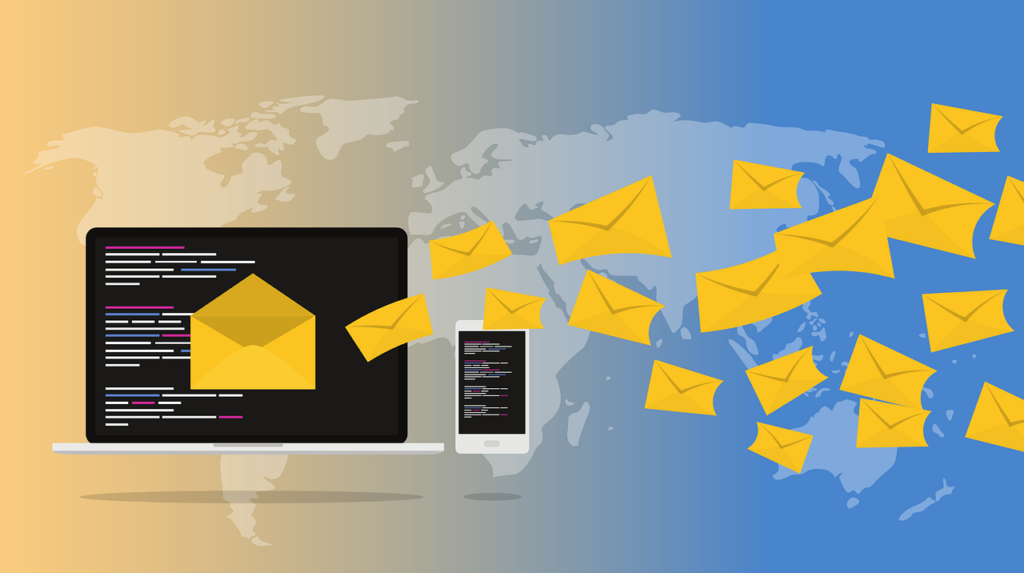Having a safe online presence enables us to fulfil our social belonging and self-esteem needs as we make and develop meaningful connections and relationships. We are living in a digital world. The internet controls everything we do as we use it socially, in our work life, and at home. However, the dark side of the internet contains cybercriminals, and the dangers and concerns are continuously portrayed in the media through various fiction and the news.
What is #saferinternetday?
#saferinternetday is an annual celebration of safety online and better internet. Coordinated in the UK by the UK Safer Internet Centre, the day promotes the safe, responsible, and positive use of digital technology for us all.
So, here are some top tips for staying safe online!
Create a private and safe online environment
Privacy on the internet is becoming increasingly vulnerable. The culture we live in is responsible for encouraging us to document our lives online with little consideration for privacy. For your safety online it’s important to check all your account settings and ensure they are set to private.
Passwords
Protect all your devices and accounts with a password. When creating a password there is a criterion you should follow. Your password should;
- be at least 12 characters in length;
- be complex by including a combination of numbers, special characters and upper-case and lower-case letters;
- use unique passwords across different websites.
To enhance security, you could use two-factor authentication or multi-factor authentication. Finally, you should always remember to log out of all accounts and out of your computer.
Hate speech and cyberbullying
A major risk faced by people online is cyberbullying. However, there are ways in which you can keep yourself and others safe from cyberbullying online;
- if you’re a victim of cyberbullying don’t suffer in silence. It’s important to seek help. Don’t deal with it alone; talk to family, friends, and colleagues. Alternatively, don’t ignore it if you see cyberbullying going on, and make sure you report it and offer your support.;
- don’t respond or retaliate and save the evidence;
- use available tech tools to block the person whether the harassment is in an app, texting, comments, or tagged photos on social media. Additionally, you can report the harassment to the social media platform or website.
We are living in a digital world. The internet controls everything we do as we use it socially, in our work life, and at home. Having a presence online enables us to fulfil our social belonging and self-esteem needs as we make and develop meaningful connections and relationships. However, the dark side of the internet contains cybercriminals, and the dangers and concerns are continuously portrayed in the media through various fiction and the news.
What is #saferinternetday?
#saferinternetday is an annual celebration of a safer and better internet. Coordinated in the UK by the UK Safer Internet Centre, the day promotes the safe, responsible, and positive use of digital technology for us all.
Install anti-virus Software
Anti-virus software prevents, detects, and removes malicious software including computer viruses, trojan horses, spyware, and adware. However, when purchasing antivirus software, you should ensure that it is a trusted and well-known subscription-based program.

Be careful when shopping or banking online
When you’re shopping and banking online it’s important to ensure there is a padlock symbol in the web browser window when you have logged in or registered and the web address should begin with ‘https://’. The ‘s’ stands for secure. It’s also important to never transfer any money directly to a bank account or hand over any personal details.
Manage your email messages effectively

We use email services every day, at home and at work as it allows for easier and more efficient communication. It’s important to be ‘click smart’ and never open or forward suspicious-looking emails or respond to someone you don’t know. Clicking on these spam emails can make you vulnerable to phishing This is the attempt to obtain your sensitive information often for malicious reasons.
Boost your network security
Use a secure WIFI that you protect with a strong password and be cautious when using free public Wi-Fi. To protect your network from others you can set up a firewall that blocks unauthorised access to your computers and devices connected to your network. It also protects ‘Internet of things’ (IoT) such as thermostats and webcams which don’t have security measures and therefore give hackers vulnerable points of entry to your entire network.
Be careful socially on the internet
Social media is a massive part of everyday life. Although it has its advantages, we tend to overlook safety within a social environment. You need to ensure you;
- guard your personal information such as your address, email, mobile, and birth date because it is sensitive information which can make you vulnerable to crime such as identity theft.
- be careful about what photos and videos you post. Avoid photos of the home, work, school, and anything you’re regularly associated with because it makes it easier for people you don’t know to track your location. Remember that anything you post online is no longer yours and it will be online forever.
- following closely with the theme of this year’s #saferinternetday (‘Want to talk about it? Making space for conversations about life online’.) it’s important to be the best version of yourself online by being friendly and respectful towards others.
- be careful who you talk to and give your information to online. For example, when filling out forms ask yourself, ‘does this person really need this information about me?’ Also, when you’re talking to people online make sure you physically know the person before giving them your personal information. They could be manipulating you into thinking they’re someone they’re not.
Keep up to date with the latest online threats
Finally, keep up to date with the latest security threats and subsequently the systems you can use to protect yourself from these threats when online. For example, ransomware is on the rise, which is where a hacker threatens to lock you out of all your files unless you agree to pay a ransom. To protect yourself from this you can back up your files, be suspicious of emails, websites, and apps, use an antivirus program, always install updates, and never pay the ransom.

